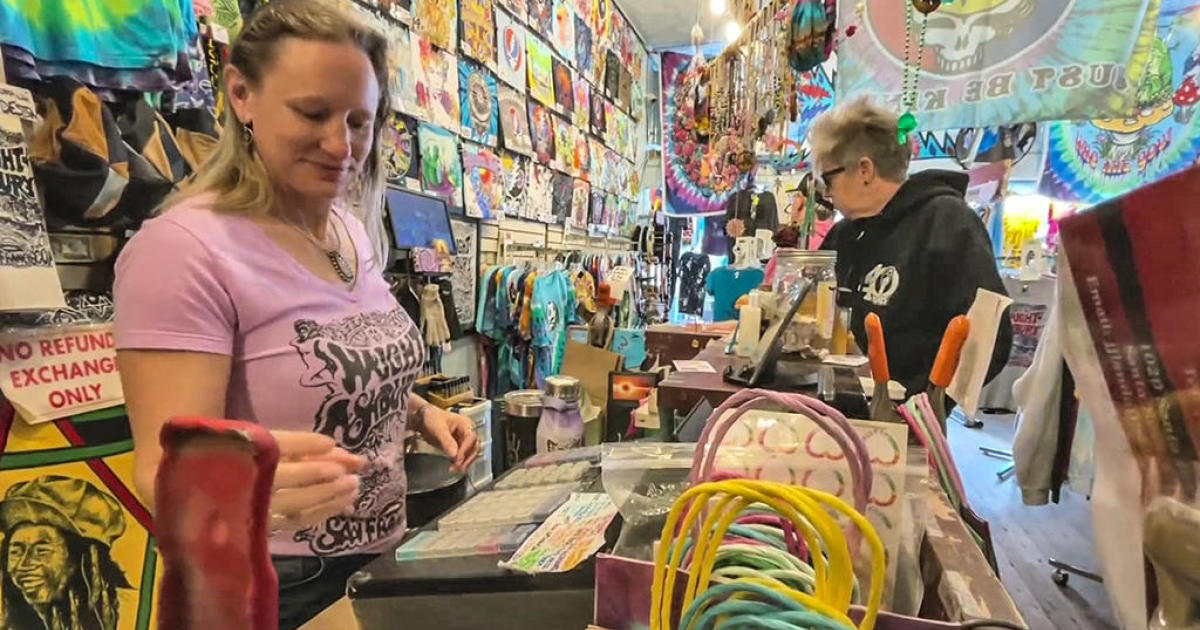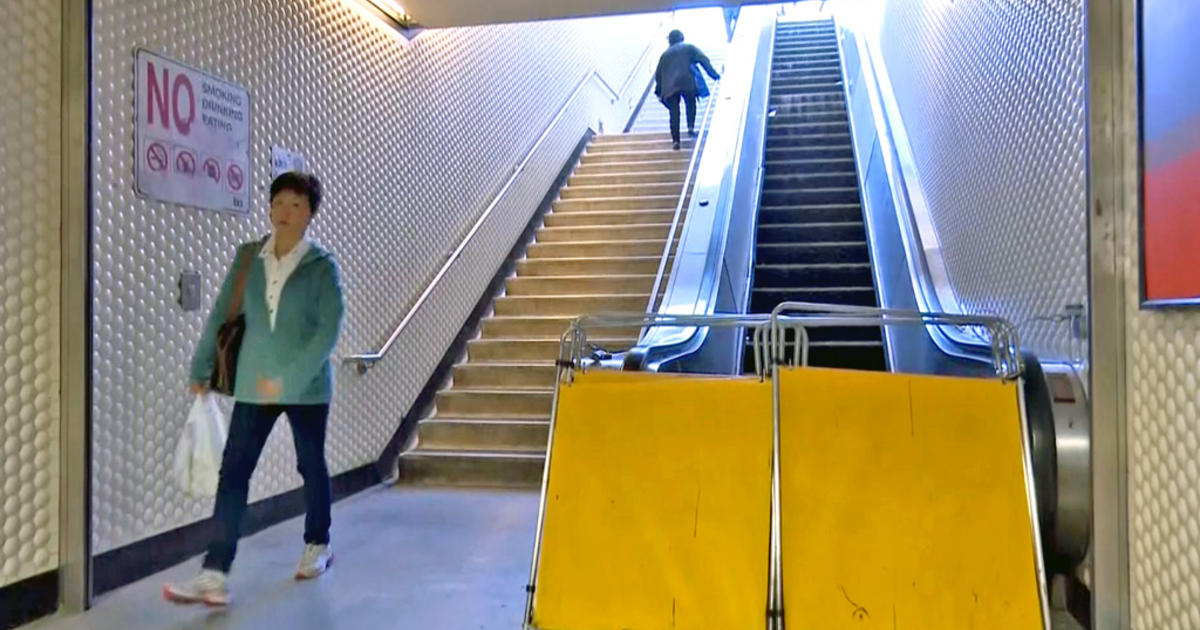Racial Disparity In Oakland Traffic Stops Remains Despite Police Department Changes
OAKLAND (KPIX 5) -- The number of African American people involved in traffic stops by Oakland Police has dropped nearly in half since 2016. Police Chief Anne Kirkpatrick says this is real progress in the fight against racial profiling, but many in the community say it's just a numbers game.
For decades, many in Oakland's African American population have complained about racial profiling because of a huge disparity in the number of black drivers pulled over in traffic stops compared to white drivers. Kirkpatrick acknowledged Monday that "over-enforcement" used to be the mindset.
"That was what defined good policing," said Kirkpatrick. "If I can just stop a whole lot of people out there with my dragnet, I'm going to come across the bad person with the gun, drugs, whatever."
WATCH: CBSN BAY AREA – KPIX 5 24/7 Digital News Channel
But that approach has created a sharp divide between the police and the black community. Since 2017, OPD says it has quietly changed its approach, lessening the number of stops for technical violations like a bad tail light or traffic violations that pose no real danger.
Kirkpatrick says the change has had a dramatic effect.
"In the African American community, we dropped 61 percent in our footprint," she said. "In 2018, we had another 55 percent drop. And then in 2019, so far, another 51 percent drop."
But critics say those numbers do nothing to explain the disparity between races. While the number of African American traffic stops has dropped from about 20,000 down to less than 11,000, the number of white stops last year was only 895.
"They need to bring down the percentage of black people being arrested," said Pamela Price, attorney for watchdog group Coalition for Police Accountability. "They need to change the manner in which they address black people when they approach them."
Oakland resident Samone Frazier says it's not surprising that more African Americans would be stopped when police focus so heavily on their neighborhoods.
"I mean, if you're getting these drastic numbers," she said, "you might want to venture out and see what else is out there, instead of just the black community."
But Onias Head, who is African American himself, doesn't see racism in stopping someone for an equipment problem.
"If your tail light is out and someone brings your attention to it, because it's for your own safety, it's not because they're saying, oh, you're black so I'm gonna stop you," he said.
Kirkpatrick says she wants a new policing culture for the city and wants the new approach to be as much a change of heart as it is a change in tactics. But after decades of mistrust, Oakland resident Michael Anderson gives the effort only about a C+.
"Now, that grade CAN go up," he said. "Let's see if they implement that. Let's see if they actually use the numbers and stop harassing us."
The traffic stop data the police are using comes from an ongoing Stanford University study compiling numbers from 2016 to the present.



